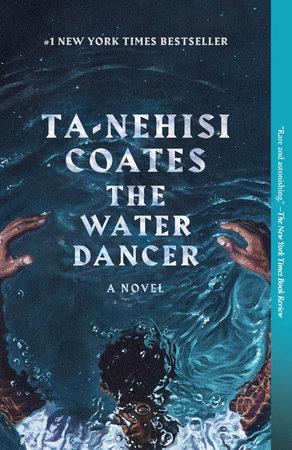
We're glad you're here! This guide contains information and resources relating to the field of English. Here, you'll find tips for getting started on your research and curated, subject-specific resources for conducting research in the field of English.

Other English-related webpages at CWU:
Additionally, if you are seeking more help you can:
Follow this video series as it talks about reading and literature.
Standard literary criticism tends to either ignore or downplay the unorthodox tradition of black experimental writing that emerged in the wake of protests against colonization and Jim Crow–era segregation. Histories of African American literature likewise have a hard time accounting for the distinctiveness of experimental writing, which is part of a general shift in emphasis among black writers away from appeals for social recognition or raising consciousness. In Freedom Time, Anthony Reed offers a theoretical reading of "black experimental writing" that presents the term both as a profound literary development and as a concept for analyzing how writing challenges us to rethink the relationships between race and literary techniques.
After her mother died, poet Victoria Chang refused to write elegies. Rather, she distilled her grief during a feverish two weeks by writing scores of poetic obituaries for all she lost in the world. In Obit, longlisted for the 2020 National Book Award in Poetry, Chang writes of “the way memory gets up after someone has died and starts walking.” These poems reinvent the form of newspaper obituary to both name what has died (“civility,” “language,” “the future,” “Mother’s blue dress”) and the cultural impact of death on the living. Whereas elegy attempts to immortalize the dead, an obituary expresses loss, and the love for the dead becomes a conduit for self-expression. In this unflinching and lyrical book, Chang meets her grief and creates a powerful testament for the living.

This is the dramatic story of an atrocity inflicted on generations of women, men, and children—the violent and capricious separation of families—and the war they waged to simply make lives with the people they loved. Written by one of today’s most exciting thinkers and writers, The Water Dancer is a propulsive, transcendent work that restores the humanity of those from whom everything was stolen.
Black Nature is the first anthology to focus on nature writing by African American poets, a genre that until now has not commonly been counted as one in which African American poets have participated. Black poets have a long tradition of incorporating treatments of the natural world into their work, but it is often read as political, historical, or protest poetry—anything but nature poetry. This is particularly true when the definition of what constitutes nature writing is limited to work about the pastoral or the wild.
